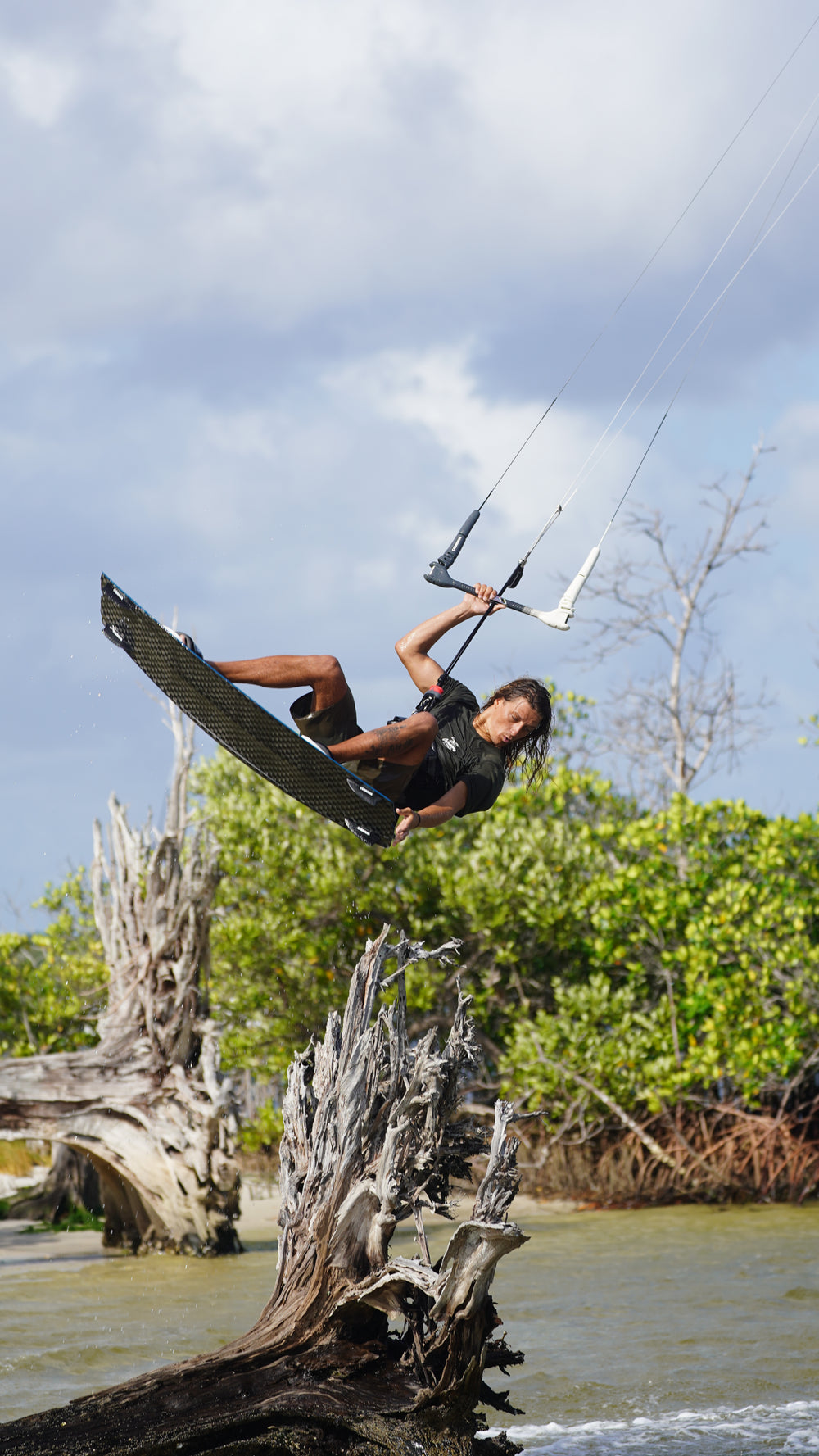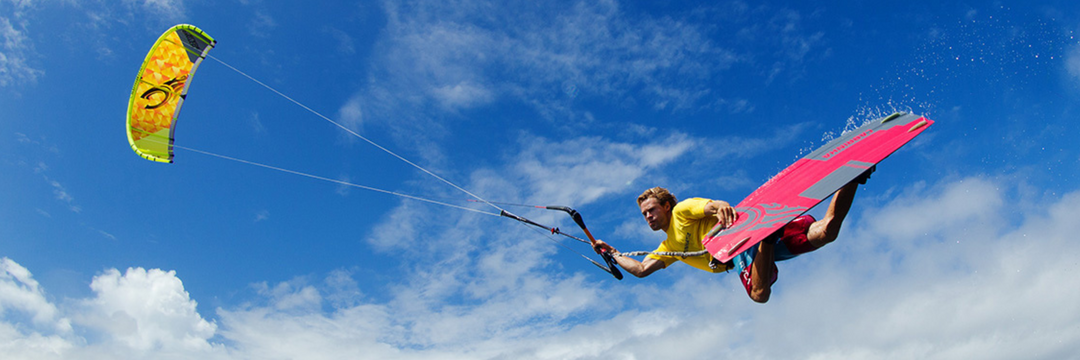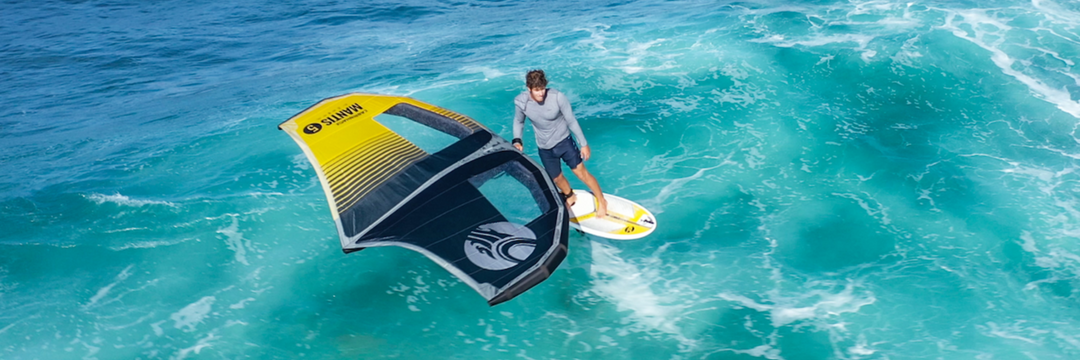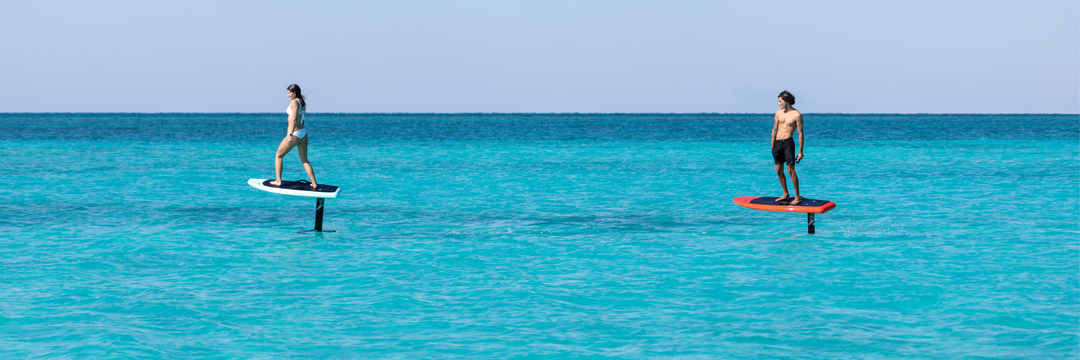New Wave Kiteboarding Careers
Apply To Be A Kiteboarding Instructor
Please review the requirements below, you can submit your resume and cover letter via the application form at the bottom of the page.
Requirements:
Kiteboarding Skills: Strong kite control, riding proficiency, and knowledge of freestyle, wave riding, foiling, and more.
Instructor Certification: Must be IKO certified, covering teaching methods, safety, equipment selection, and risk management.
First Aid & CPR: Certification required for emergency response.
Swimming Skills: Must be confident and capable in the water, including student rescues.
Teaching & Communication: Ability to explain concepts clearly and adapt to different learning styles.
Wind & Weather Knowledge: Assess wind patterns and hazards for safe lessons.
Professionalism & Safety: Prioritize student safety and enforce protocols.
Questions? Contact us at (561) 203-5891 or booking@newwavekiteboarding.com.





